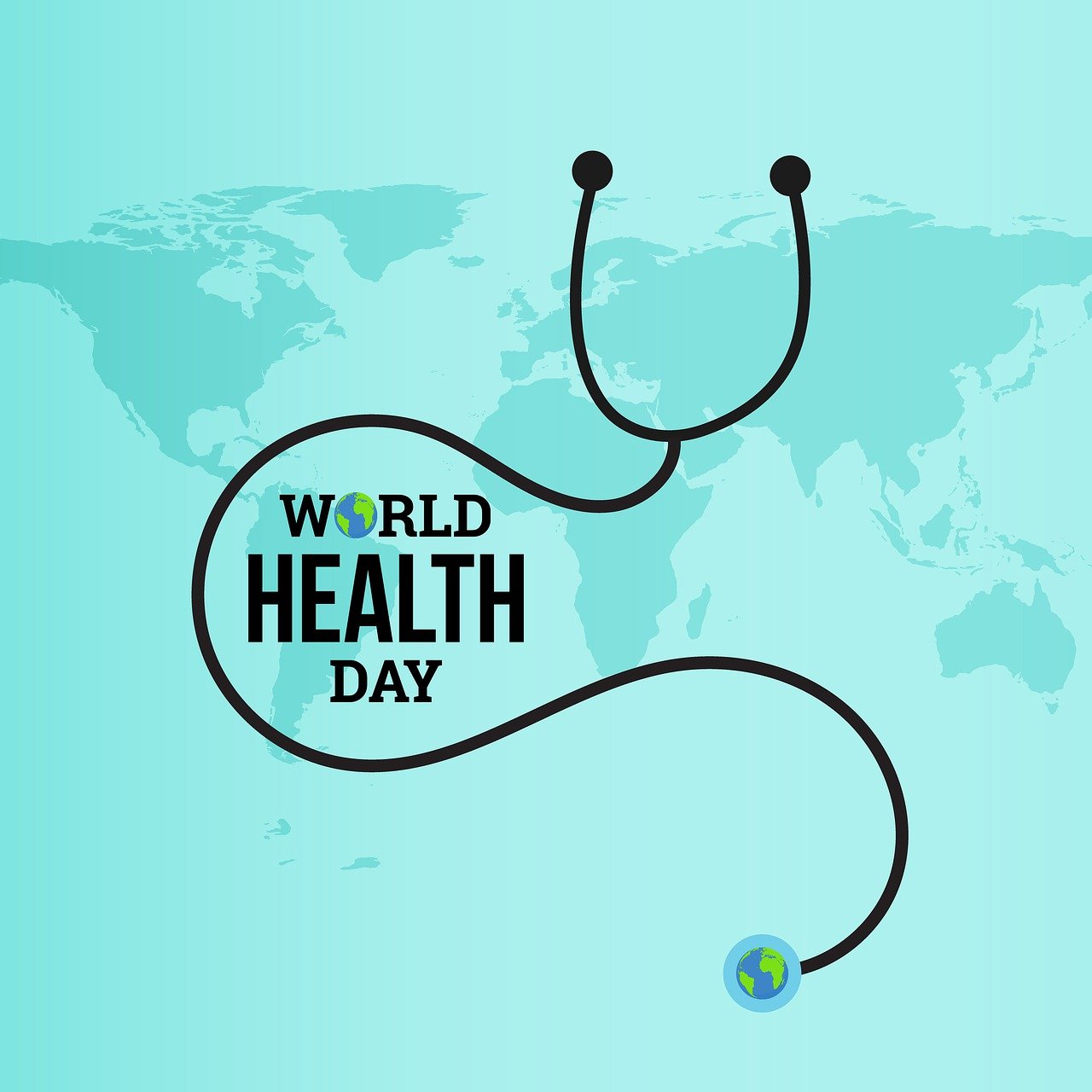My journey in clinical medicine was shaped by a year in the Johns Hopkins School of Public Health, and later at the US Centers for Disease Control. I qualified as both an internist (caring for individuals) and an epidemiologist (caring for communities). However, as I attempted to integrate these two approaches to health during our years in mission in Ethiopia, I discovered powerful forces that were keeping them apart.
This blog explores some of these forces, with the hope that we can better integrate them for the sake of the flourishing of all. There is practical atheism (secularism) at both extremes; both medical work and community work can become endpoints in themselves. Both can strip out meaning and purpose, especially the purposes of God for health and salvation. Ultimately, only a Biblical vision of the Kingdom of God will harness these powerful tools for an integrated approach to health.
What forces keep hospital and community healthcare mission efforts apart?
- Hospitals have become increasingly specialized and technical since the dawn of scientific medicine in the mid-1800s, while community healthcare is not as technical.
- The complexity and cost of hospital care were the drivers behind the efforts of Christian missions at Tubingen, Germany, to ask whether it was realistic to continue to support them; community healthcare efforts are often of shorter duration and, in theory, simpler.
- Well-meaning efforts by the Christian Medical Commission (World Council of Churches) and the WHO in the 1970s began to emphasize the church’s role in healthcare; unfortunately, this led to hospitals being labeled as “disease palaces.”
- The culture of medicine is more “top-down” and service-oriented, while community (or primary) health is more “bottom-up” or developmental. One emphasizes the individual and the other the group.
- Skills needed for medical care are very different from those required for community health.
- Each of these ministries – hospital or community – can become an idol, or an end in itself.
- Hospitals value compassion, while primary or community health efforts tend to value justice. It is challenging to marry compassion and justice (especially without a gospel mindset).
What brings hospital and community healthcare efforts together?
- A Biblical perspective values both individual and community health. To be fully human means that we fulfill the purpose for which we were created. That means we are healthy when we live under God for the sake of both individuals and the community.
- Early Christians ministered to the sick in the community during epidemics, burdened by the spiritual and physical needs of the dying. This led to the birth of the modern hospital by Christians in the fourth century. The historical record of the church’s role in health demonstrates both individual and group care.
- God is glorified and Christ’s kingdom is advanced as human beings find wholeness in community. That community may start in either the hospital or outside but extends across the threshold of the hospital. The people in the “community,” of course, also come to the hospital!
- “Covenant also reminds us that full and complete humanity is found in community; humanity as a whole is the image of God in creation and redemption.” [Reformed Dogmatics, by Herman Bavinck, 2011]
- Modern mission history provides numerous examples of early pioneers who worked tirelessly to treat patients in hospitals or clinics, while also training and promoting health in the community (e.g., leprosy care, TB and HIV care, primary healthcare, etc.).
How can we avoid an “either-or” approach to healthcare?
- In Theology of Health, Dr. Tyler VanderWeel reminds us of “the critical role of community in healing.” In many ways, healing occurs in community.
- Institutional healthcare is not a broad enough goal; neither is community healthcare. We need a vision of transformation and healing of both the individual and the community.
- Let’s build the work of mission on solid theology, especially a sound understanding of the gospel. This means evangelism (declaring the work of God in Christ), discipleship (building others up in Christ) and church planting (establishing groups of disciples) all have an orientation both upwards to God and outwards to the community.
- Establish leadership for the challenges in medical or healthcare mission. Leaders do not just focus on today but look for what God is doing and follow him, building partnerships with others in the process
- Change our Western mission structures to better integrate healthcare (both individual and community) with other mission efforts such as evangelistic outreach, Biblical training, justice advocacy, etc. The structures must allow for non-Western medical and non-medical workers to work together on health in the broadest sense (not just health of the body but health of the person and community).
- Become counter-cultural as we confront the idolatry of secular modern mindsets, especially those we find in modern medicine.


Leave a Reply